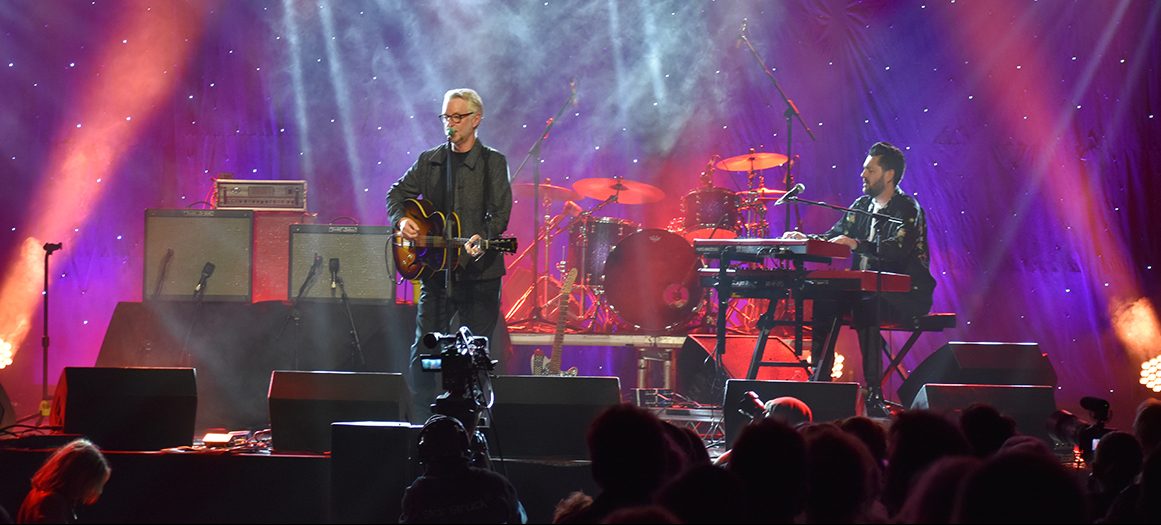
Music / Billy Bragg. At the National Folk Festival, Epic, April 8. Reviewed by CASSIDY RICHENS.
THROUGH the lens of empathy, within a context of music as a tool for creating change, UK performer Billy Bragg performed 11 songs spanning his 40-year career and 13 albums.
If you were lucky enough to be in the audience, you arrived an hour before this beautifully curated performance.
Wisecracks – mostly of a self-deprecating nature – were interlaced between stories of the working class, human rights and freedom of choice.
It was “a long time coming”, he tells us; his current eight-week tour of Australia and NZ, originally planned for 2019, wrapping up this weekend, at the National Folk Festival.
“This tour took longer to come to fruition than the heart transplant one of my fans endured and recovered from while waiting for the tour to be scheduled,” he remarks, before launching into his first song “The World Turned Upside Down” from the 1987 album “Back to Basics”.
Bragg refers to the pandemic several times throughout the concert. Indeed “A Million Things that Never Happened”, the title track from his latest album, references various social events that didn’t take place due to COVID-19 lockdowns. It’s our first introduction to keyboardist Neil Anderson.
“Way Over Yonder in the Minor Key”, from the 1998 Album “Mermaid Avenue”, of previously unheard lyrics written by American folk singer Woody Guthrie, put to music written and performed by Bragg has everyone singing along.
While Bragg ruminates on Australian state government responses to covid and the importance of acting for the common good, someone heckles. “I thought I told you to stay in the car,” was his witty response. A discredit to whinges, he cites the bigger picture, offering another perspective.
“In my country, six times as many people died as died in Australia and there’s about 250,000 people wished they’d been locked down like they were in Victoria and NSW, because they’d be having Easter with their grandparents”. If we can’t understand the need to act for the common good, “we have absolutely no hope of dealing with the climate crisis we are all facing”.
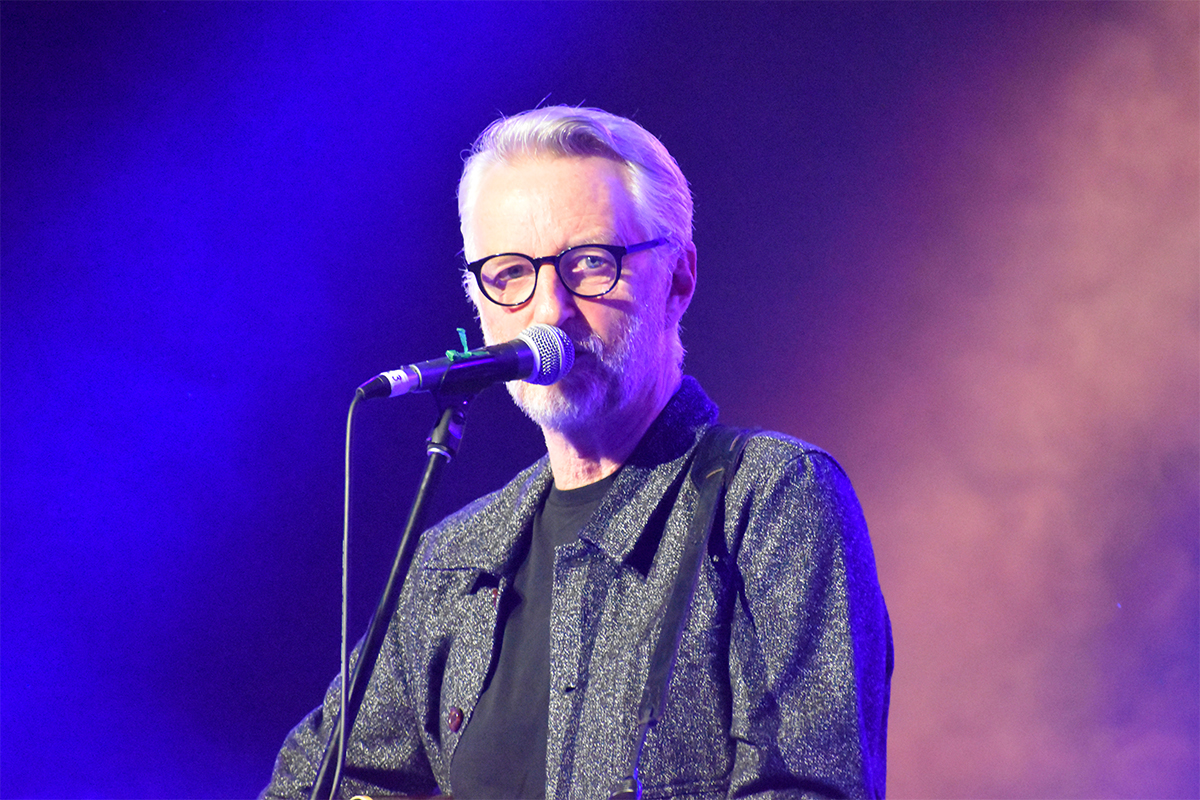
It’s the perfect segue into “King Tide and the Sunny Day Flood” from the “Bridges Not Walls” 2017 album. There’s a hint of CJ Hillman’s pedal steel guitar in Anderson’s treatment of the song which takes aim at climate-change deniers.
The updated lyrics of “Sexuality”, originally written in support of gay rights in 1991, paid tribute to the transgender and non-binary community. There was a softness in his reminder to the “geezers” of this world. “It’s not just complicated now, it’s always complicated. That’s why I call it a struggle,” he says.
To further illustrate the speed of our changing world and the need to remain relevant, Billy refers to the gap between principle and privilege in “Mid Century Modern”.
Paying thanks to his early influences, “Levi Stubbs’ Tears”, Bragg serves a lyrical reminder of music’s ability to engender empathy before leaping from personal to political and the tragedy of war in “The Man He Killed”, with words from the 1902 poem by Thomas Hardy sung to the traditional song “The Snows they Melt the Soonest”.
Moving between hard politics and soft emotion, Bragg returns to early days with “Greetings to the New Brunette”.
“I Will be Your Shield” is followed by “Waiting for the Great Leap Forwards”, prompting Bragg to share his thoughts on the possible referendum, to which he receives much applause before closing the concert with “Power in the Union”.
Who can be trusted?
In a world of spin and confusion, there’s never been a more important time to support independent journalism in Canberra.
If you trust our work online and want to enforce the power of independent voices, I invite you to make a small contribution.
Every dollar of support is invested back into our journalism to help keep citynews.com.au strong and free.
Thank you,
Ian Meikle, editor
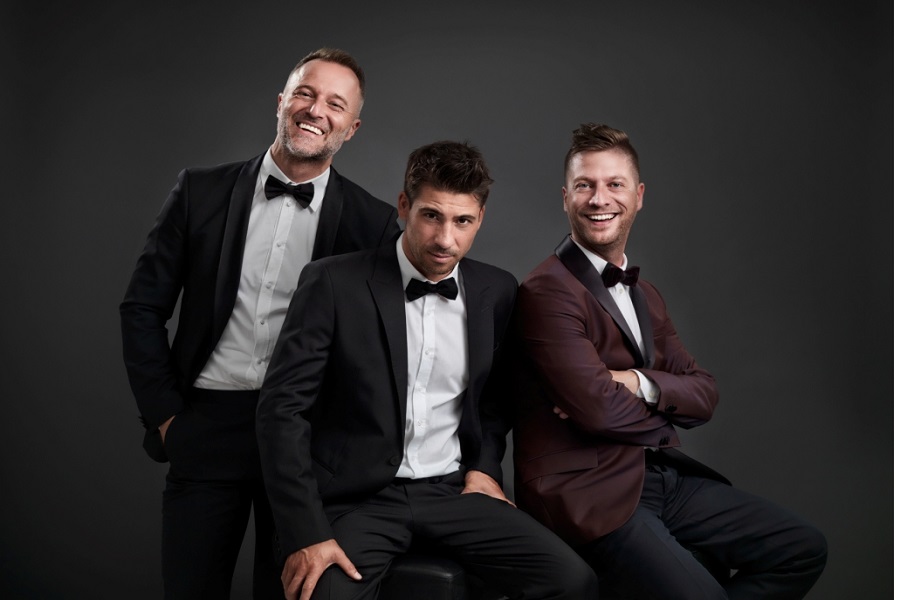
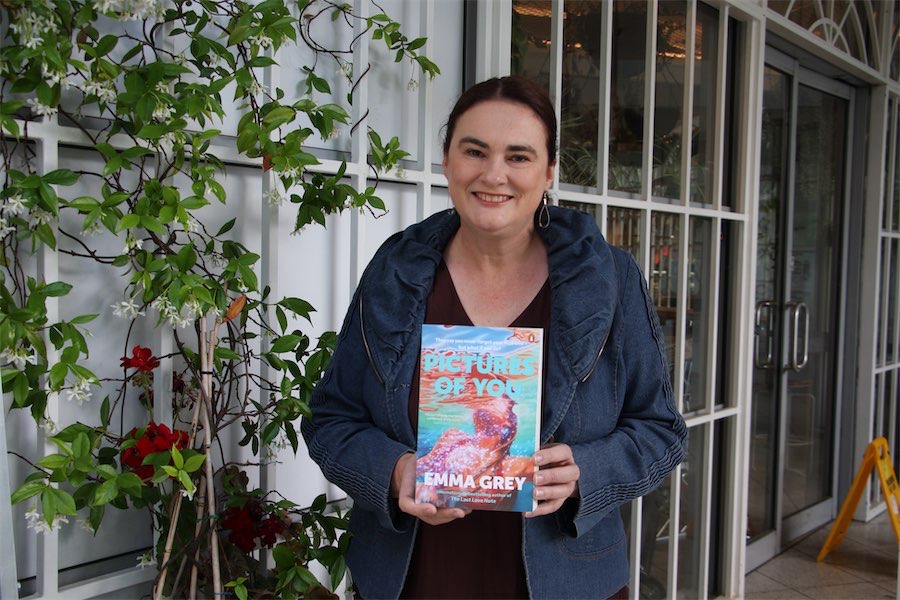
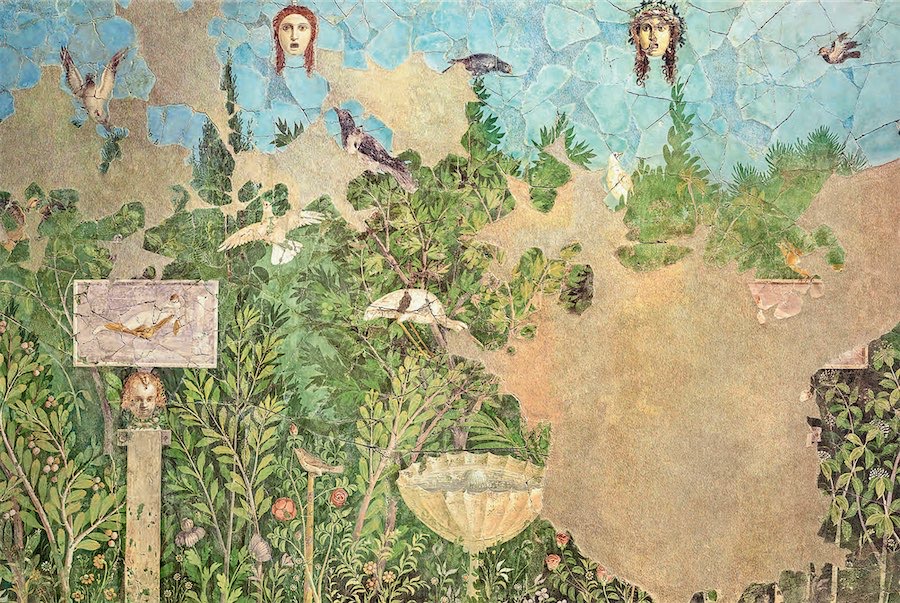

Leave a Reply